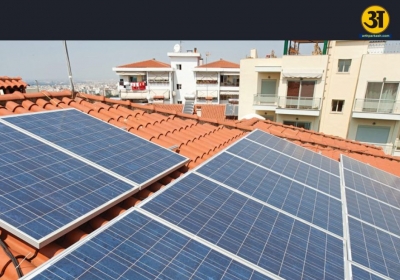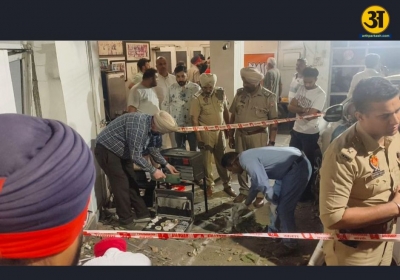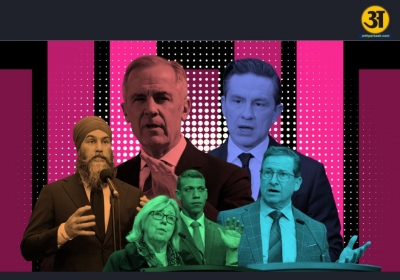
Russian leader’s desire to keep his rivals on edge.
Putin's true motivations in the Ukraine crisis
Although Donald Rumsfeld’s faults were grave, George W. Bush’s first defence secretary had a knack for memorable phrasing. One of them, “weakness is provocative,” explains why Russia’s belligerence against Ukraine and NATO has brought us back to this point.
Russia invaded Georgia in August 2008 and took control of two of its provinces. The Bush administration expressed its displeasure, but did little to address the situation. Following Barack Obama’s election to the White House in November of that year, he advocated a “reset” with Russia. He slashed US troop levels in Europe to their lowest levels in postwar history in 2012, mocking Mitt Romney for referring to Russia as our main geopolitical danger.
Obama notably backed down from his red line against Bashar Assad’s deployment of nerve gas in Syria in September 2013, instead accepting a Russian offer of mediation that was supposed to destroy Assad’s chemical weapons. Although the arsenal was never completely destroyed, Vladimir Putin took note of Obama’s apparent aversion to becoming involved.
Russia employed “little green men” to occupy and then conquer Crimea in February 2014. The Obama administration objected but did almost nothing. Russia then took advantage of turmoil in eastern Ukraine to seize two Ukrainian provinces, igniting a seven-year war that has claimed the lives of over 13,000 people. Obama retaliated by imposing weak sanctions on Russia and refusing to arm Ukraine.
When Donald Trump ran for president in 2016, he questioned if America should be willing to support NATO countries who are weak. In 2017, he attempted to block fresh sanctions against Russia, but Congress essentially overruled him. In the end, the Trump administration took a harsher stance against Russia and approved restricted arms supplies to Ukraine. Trump, on the other hand, attempted to hold the country hostage.
Which leads us to Joe Biden, who campaigned on a harder stance against Russia. It hasn’t been like that. In May, his administration lifted sanctions on Russia’s Nord Steam 2 gas pipeline to Germany, which will boost Moscow’s energy clout in Europe once it is operational. Since taking office, the administration has done little to improve Ukraine’s very meagre military contributions. It will be as effective as trying to put out a forest fire by peeing on it in the face of a Russian invasion.
Then there was the disaster that was our exit from Afghanistan. “Every enemy will draw the lesson that the United States is a feckless power in the aftermath of Saigon redux,” I wrote at the time.
Now, the administration is amplifying its message of weakness by threatening “huge consequences for Russia” if it invades Ukraine, almost entirely in the form of economic penalties. That’s equivalent to bringing a knife to a gunfight.
Consider the following not-so-fanciful scenario. Russian military are advancing on a Ukrainian enclave. The United States retaliates by shutting Russia off from the global banking system. But the Kremlin (which has built up record-high gold and foreign-currency reserves) isn’t sitting still. It responds to sanctions by cutting off gas supplies to the European Union in the middle of winter, despite the fact that Russia supplies more than 40% of the EU’s gas. As a condition for the resumption of supplies, it requires a security treaty between Russia and Europe. And, at the very least, it takes the United States out of the transaction.
None of this may be enough to prevent Russia from invading Ukraine, which would be a tragedy for the Ukrainian people. Putin, on the other hand, is playing for higher stakes in this crisis – a sliver of Ukrainian territory is only a sideshow.
He actually wants to dismantle the Western alliance as we’ve known it since the Atlantic Charter was signed. In terms of the United States, two decades of bipartisan timidity in the face of his aggression has us on the verge of a geopolitical disaster. In order to save NATO, Biden must be harsh on Ukraine.





